
Health & Safety
Taking risks and making mistakes are a valuable part of growing and learning if children have the opportunity to do so in an environment where they ultimately feel (and are) safe and happy. We take a holistic view of health and safety, with an emphasis on risk identification and constructive mitigation. Some of the key aspects of our Environmental Health and Safety protocol include:

Training
All staff is trained first-responders and at least one-two staff members on-site are qualified Level-2 First Aid providers.
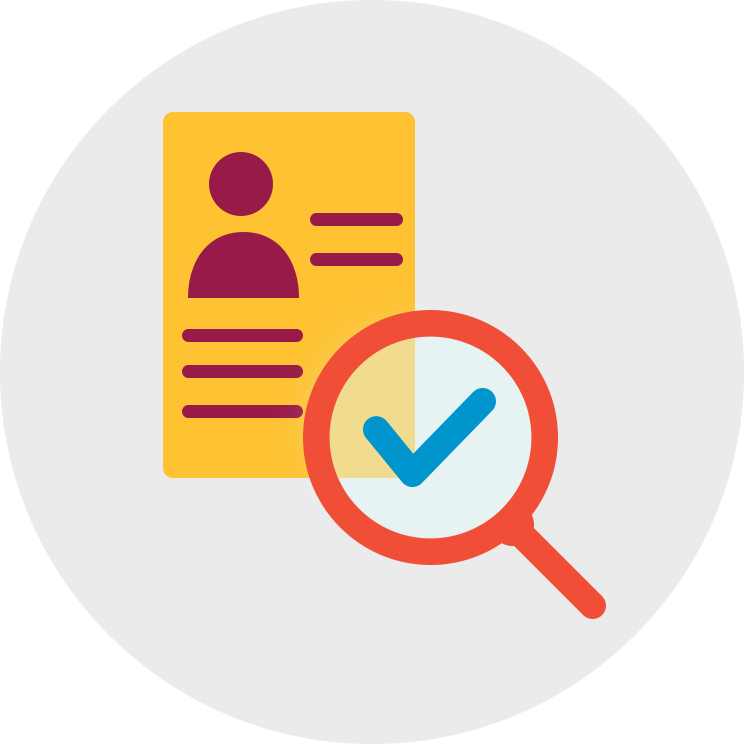
Background files
Allergy and chronic condition info collected on enrolment and immediately added to the child’s digital passport (POPI adhered to in all data collection and storage).
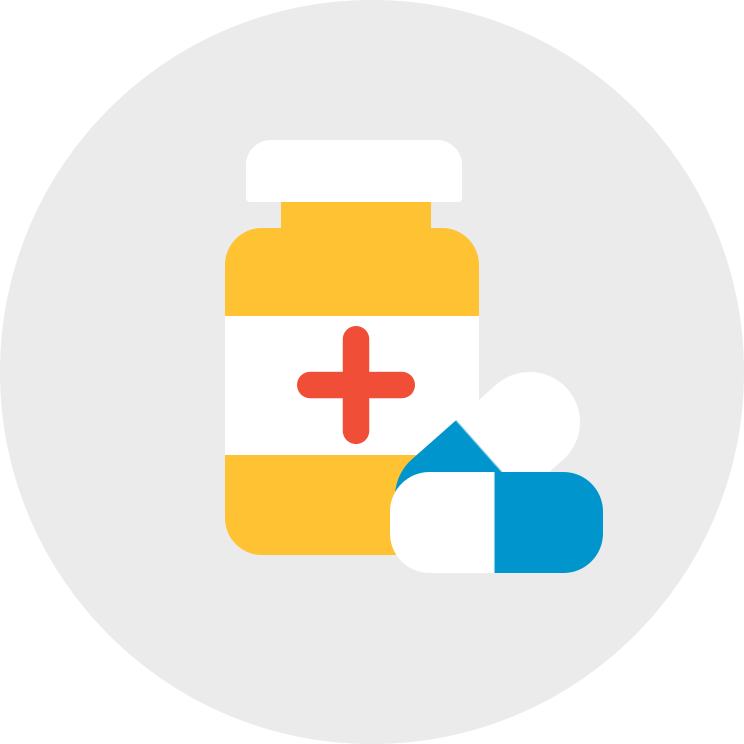
Medication log
Detailed information on any medication brought on site for any child.

Access control
Secure, fenced perimeter; biometric or disk locks on all external entry points with auto-close hydraulic arms on all doors and gates. -Completely secure perimeter, with roaming guards.
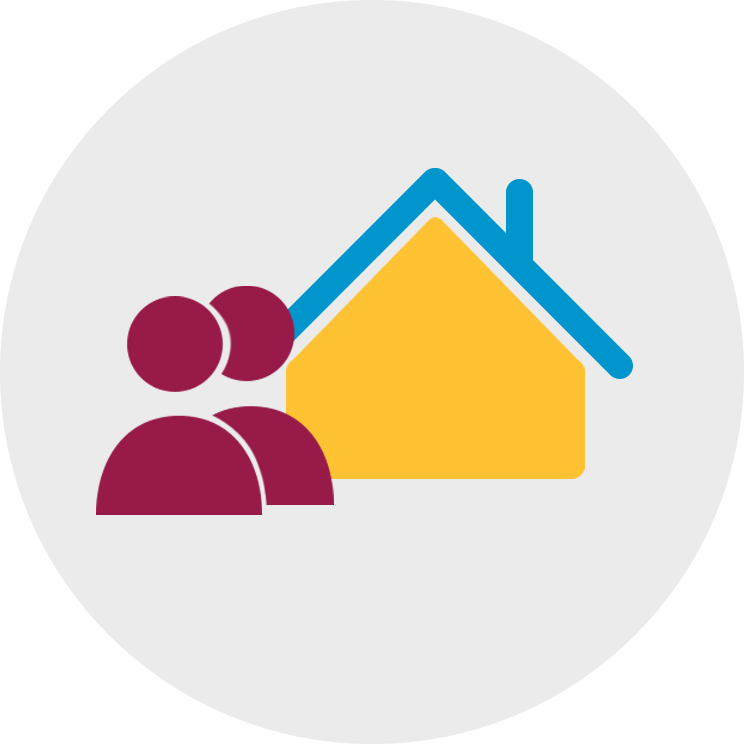
Visitation Limited
By appointment only, tracked using our digital visitors’ log.
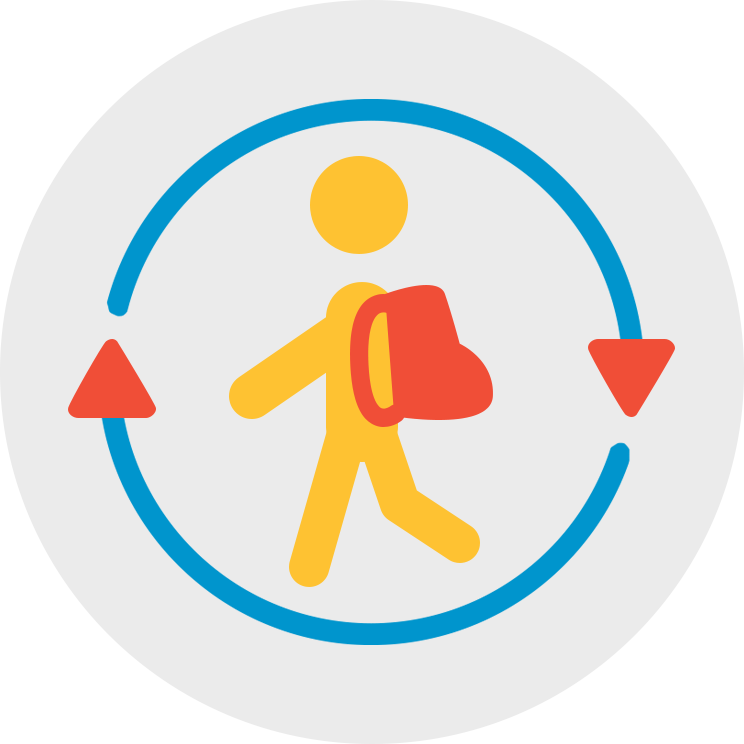
Arrival & Departure Protocols:
Digital check-in and check-out system (with timestamps and identity verification)

Infection Control
All teachers are trained with regard to proper hygiene practices including hand-washing procedures, general infection control, safe food handling, bedding material cleaning, nappy changing and toileting procedures (procedures are posted in each classroom). Teachers will also engage children in learning activities designed to teach and promote healthy habits.
.

Hazardous Materials
Personal possessions of staff are stored safely in lockers during sessions. Lock boxes for medical contents and cleaning chemicals kept secured and inaccessible to children at all
times Children entirely prevented from access to kitchen facility, through placement of the facility on a separate floor to the floor the center is based on. Specialized nappy-bins and bi-weekly refuse removal by human-waste management specialists.

Monitoring
CCTV cameras situated in each classroom and in the corridors and entrance way to the centre. Regular safety drills, inspections and refresher trainings overseen by Earlybird’s central support team. Posters and 3-tiered reminder system present around the centre for all staff and parents to see on a regular basis.
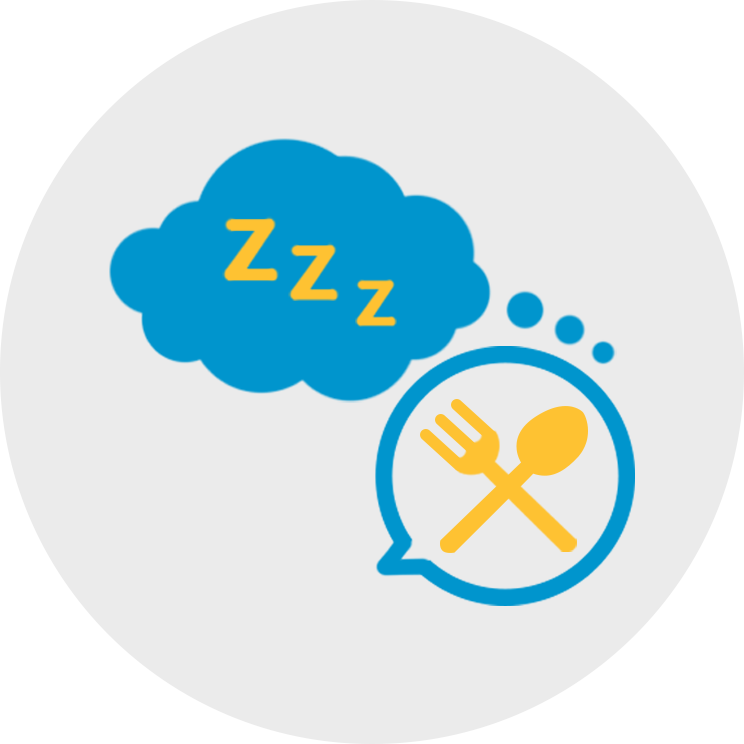
Sleeping
We follow the recommendations of the Association of SIDS and Infant Mortality Guidelines, which strongly recommend that infants be placed to sleep on their backs in a crib. For children aged 1-year and older, Earlybird supplies stretchers which comply with health and safety regulations (elevated above the floor) and ensure children can nap comfortably during the school day. We provide individualized stretcher covers and bedding for each child, which we wash on-site on a weekly basis.
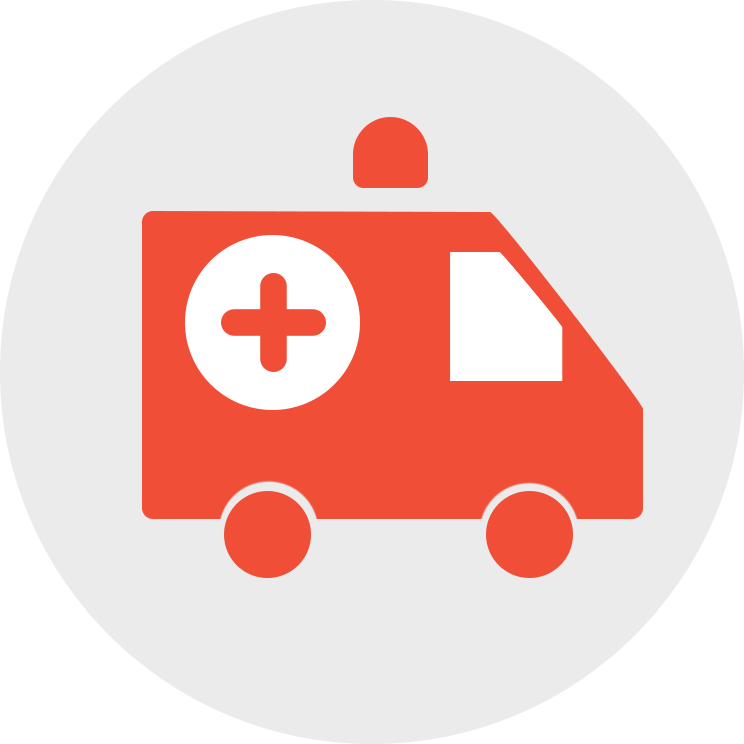
Emergency Preparation
Prevention is our primary strategy: children never have access to the kitchen in the centre, so as to reduce fire hazards and potential burn or electrical injuries; there are never any unsupervised bodies of water at our schools sites and the perimeter is 100% impermeable, with auto-close hydraulic arms and magnetic locks on all doors gates. Teachers and children are trained in emergency evacuation protocols and how to obey commands such as “Stop, drop, and roll” and a safety word used to indicate the presence of an intruder. All fire exits are regularly tested and maintained and should exceed municipal health and safety requirements. In the event of an emergency our school messaging service will send automated SMSs to all parents/guardians listed as emergency contacts for each child and children will be evacuated to one of the three assigned safe assembly points.

Vaccinations, Screening, and Referrals
Parents may choose to have their child participate in vaccinations and other general health screening (such as hearing and vision) which will be carried out in collaboration between Earlybird’s specialists and RMB’s on-site health facility. Where necessary, specialists will make referrals to support practitioners, many of whom are willing to carry out their work on-site on a periodic basis to save parents from having to fetch-and-carry during business hours.